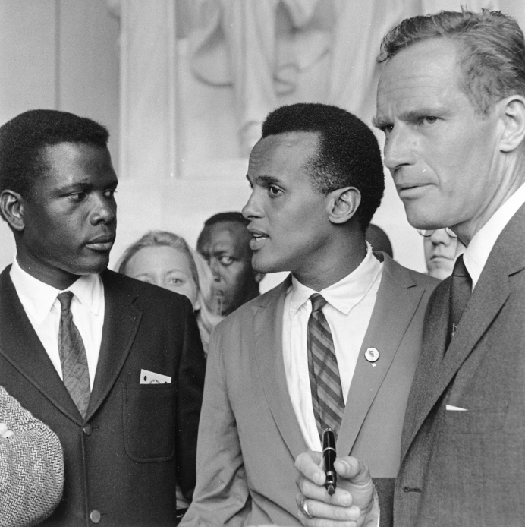| << Chapter < Page | Chapter >> Page > |
The idea that Americans—indeed, people in general—have fundamental rights and liberties was at the core of the arguments in favor of their independence. In writing the Declaration of Independence in 1776, Thomas Jefferson drew on the ideas of John Locke to express the colonists’ belief that they had certain inalienable or natural rights that no ruler had the power or authority to deny to his or her subjects. It was a scathing legal indictment of King George III for violating the colonists’ liberties. Although the Declaration of Independence does not guarantee specific freedoms, its language was instrumental in inspiring many of the states to adopt protections for civil liberties and rights in their own constitutions, and in expressing principles of the founding era that have resonated in the United States since its independence. In particular, Jefferson’s words “all men are created equal” became the centerpiece of struggles for the rights of women and minorities ( [link] ).

Founded in 1920, the American Civil Liberties Union (ACLU) is one of the oldest interest groups in the United States. The mission of this non-partisan, not-for-profit organization is “to defend and preserve the individual rights and liberties guaranteed to every person in this country by the Constitution and laws of the United States.” Many of the Supreme Court cases in this chapter were litigated by, or with the support of, the ACLU. The ACLU offers a listing of state and local chapters on their website.
The Constitution as written in 1787 did not include a Bill of Rights , although the idea of including one was proposed and, after brief discussion, dismissed in the final week of the Constitutional Convention. The framers of the Constitution believed they faced much more pressing concerns than the protection of civil rights and liberties, most notably keeping the fragile union together in the light of internal unrest and external threats.
Moreover, the framers thought that they had adequately covered rights issues in the main body of the document. Indeed, the Federalists did include in the Constitution some protections against legislative acts that might restrict the liberties of citizens, based on the history of real and perceived abuses by both British kings and parliaments as well as royal governors. In Article I , Section 9, the Constitution limits the power of Congress in three ways: prohibiting the passage of bills of attainder, prohibiting ex post facto laws, and limiting the ability of Congress to suspend the writ of habeas corpus.
A bill of attainder is a law that convicts or punishes someone for a crime without a trial, a tactic used fairly frequently in England against the king’s enemies. Prohibition of such laws means that the U.S. Congress cannot simply punish people who are unpopular or seem to be guilty of crimes. An ex post facto law has a retroactive effect: it can be used to punish crimes that were not crimes at the time they were committed, or it can be used to increase the severity of punishment after the fact.

Notification Switch
Would you like to follow the 'American government' conversation and receive update notifications?